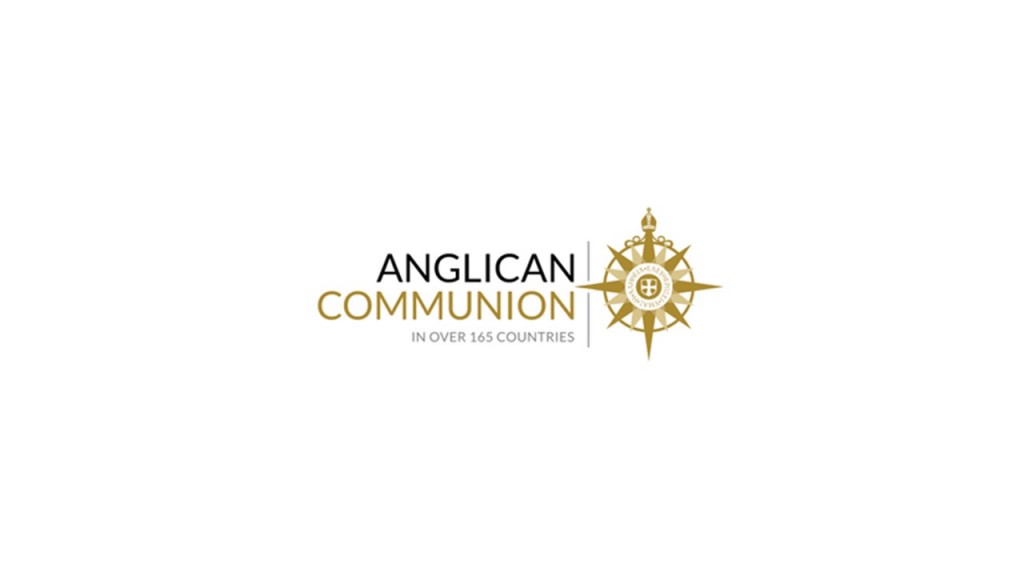by Jon White
Yesterday, the Primates released a statement from their gathering in Canterbury where the prophetic witness of the Episcopal Church regarding full inclusion of LGBT persons in the life of the church came under sanction. The majority of the Primates gathered saw our decisions in favor of marriage equality at last summer’s General Convention to be a step that works against the spirit of communion.
Much of the immediate reaction amongst Episcopalians have been expressions of anger and hurt. It absolutely is hurtful to be rebuked for seeking justice. Michael Curry, the Presiding Bishop, spoke eloquently of this hurt when he said to his peers; “I stand before you as your brother. I stand before you as a descendant of African slaves, stolen from their native land, enslaved in a bitter bondage, and then even after emancipation, segregated and excluded in church and society. And this conjures that up again, and brings pain.”
But really, shouldn’t this be expected? Our work for equality and full inclusion, on a communion-wide scale, is a kind of civil disobedience, and civil disobedience is often met with oppression and further injustice. But that doesn’t mean that we should disengage with the Anglican Communion because a couple of dozen men have sought to censure us. As Martin Luther King, Jr. once wrote:
“Injustice anywhere is a threat to justice everywhere. We are caught in an inescapable network of mutuality, tied in a single garment of destiny. Whatever affects one directly, affects all indirectly.”
In those GAFCON churches are brothers and sisters in Christ who look to our example as a sign of hope and who need our continued support and advocacy and vision of an inclusive Anglicanism.
At the same time, however hurtful the language and however oppressive the aim, these “sanctions” are pretty weak tea. We’ve been in this neighborhood before, back in 2010 when TEC representatives to various ecumenical dialogues were removed from those bodies. Behind the hurtful sting though, there is good news; the Communion has not formally split nor has GAFCON achieved their goal of kicking the Episcopal Church out.
This statement clearly says that most of the Primates aren’t willing to walk away from us just yet, nor are they willing to support those loud voices demanding our exit from the Communion, and the bonds of affection and mutuality, though frayed, remain unbroken. The basic structure of the Communion has also held, without breaking up into a series of lesser relationships, or a body with tiered memberships. True, our full ability to participate is impaired, but not forever. Further, the Anglican Church in North America, cobbled together from a variety of factions united only in its opposition to the Episcopal Church’s drive towards equality and inclusion, remains outside of the Communion for now.
To me, the most troubling reaction has been the call from many voices, suggesting that the Episcopal Church itself walk away from the Communion. How long should we put up with their hatefulness, their hypocrisy many ask.
When Peter asked Jesus the same question, his answer was the equivalent of ‘always once more.’
Then Peter came and said to him, “ʺLord, if another member of the church sins against me, how often should I forgive? As many as seven times?”ʺ Jesus said to him, “ʺNot seven times, but, I tell you, seventy-‐‑seven times.
The Anglican Communion is a great deal more than this meeting of Primates; it is shared history and traditions, and a shared way of being Christian in the world and a whole structure of formal and informal relationships, as well as a network of mutual ministries, so supporting the work of keeping us talking together – in communion -still seems worthwhile.
The suggestion that we should no longer financially support the Communion is a further manifestation of this dismissiveness; it also suggests a weak theology of giving that reduces our relationship with God and the church to the purely transactional – we give because we expect to get.
Many have decried such brazen attempts at manipulation on the parish, diocesan, and church-wide levels, so why should it now be ok in our ecumenical relations? It suggests a model of relationship that, had we seen it expressed between two people, we would immediately identify it as unhealthy and unworthy of our Christian name. Matthew’s Gospel reports Jesus saying;
“You have heard that it was said, ‘An eye for an eye and a tooth for a tooth.’ But I say to you, Do not resist an evildoer. But if anyone strikes you on the right cheek, turn the other also; and if anyone wants to sue you and take your coat, give your cloak as well; and if anyone forces you to go one mile, go also the second mile.
To walk away, to turn our backs on LGBT brothers and sisters outside in Communion churches where they are oppressed and vilified, to hubristically expect that our money should buy a desired result, or to think we can go it alone, are not only poor policy choices but also inconsistent with our claim to be followers of Jesus.
Witnessing to our faith has costs, and frankly, these aren’t too high. We should expect that justice work will require time and our whole selves -‐‑ all our heart, all our soul, all our mind, and all our strength. The Kingdom of God is near but it isn’t fully realized yet. There is no imminent utopia on the horizon, no Kumbaya moment when we can put our burdens down this side of Christ’s return, just a long slog in a broken world, led by the light of Christ.
Jon White is the Editor of Episcopal Cafe and a priest in the Dioceses of West Virginia

